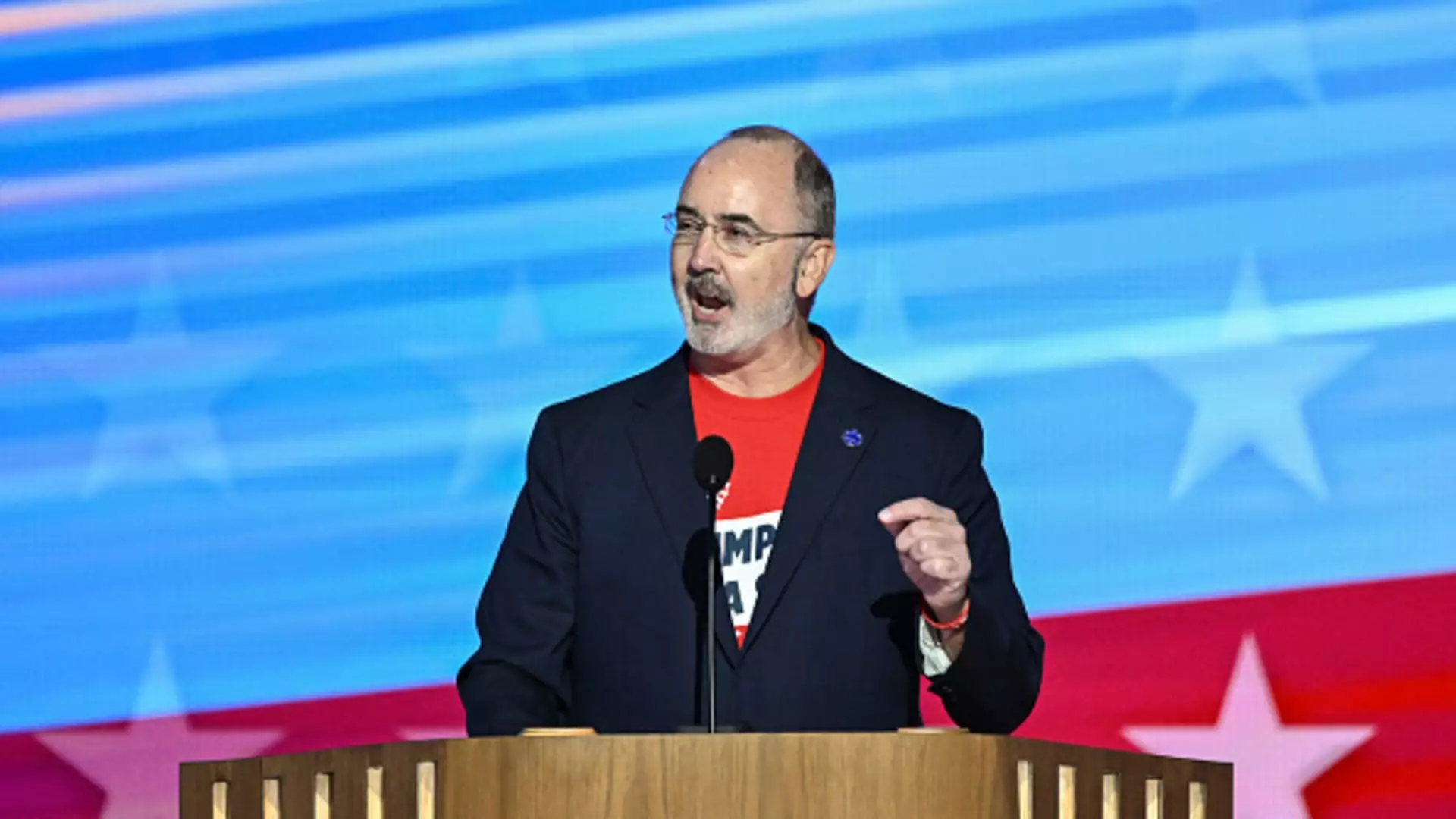In a significant turn of events for the auto industry, the United Auto Workers (UAW) union has escalated its conflict with Stellantis by filing federal unfair labor practice charges. The core of the allegations lies in Stellantis’ purported efforts to shift the production of the Dodge Durango out of the United States, a move that UAW leaders contend undermines the agreement reached in their recent contract negotiated last year. This conflict has not only highlighted the ongoing tensions between labor and management but has also raised critical questions about job security and corporate accountability in an evolving automotive landscape.
The UAW’s president, Shawn Fain, articulated the union’s frustrations, pointing to the major achievements they secured in the 2023 collective bargaining agreement. These include commitments to reopen a previously idled assembly plant in Belvidere, Illinois, and the promise that Durango production would occur in Detroit. The union insists they have the right to strike if Stellantis fails to honor these commitments. While Stellantis has not provided a direct response to the new charges, they previously argued that they have adhered to the contractual obligations outlined in the investment letter associated with the 2023 agreement, and firmly rejected the union’s claims.
Furthermore, it has been reported that local UAW chapters encompassing thousands of members have voiced their dissatisfaction through various grievances against the company, accusing Stellantis of attempting to relocate Durango production—a situation the union claims violates their national agreement. Although the UAW has not disclosed specific details about the intended relocation, there are media speculations about potential production shifts to a plant in Ontario, Canada.
The Broader Implications for Labor Relations
The unfolding situation underscores a significant moment in labor relations, particularly in an industry that has been grappling with technological transitions and market pressures. The UAW’s action reflects a growing commitment to safeguarding workers’ rights, particularly in an environment where production decisions often hinge on global economic factors rather than local commitments.
With more than 24 grievances filed against Stellantis about their investment and product plans, this conflict raises broader concerns regarding the future relationship between automakers and unions. It signals that labor organizations are prepared to take a firm stance to protect their members against perceived betrayals that jeopardize jobs and community investments.
The UAW’s robust response to Stellantis’ alleged violations is indicative of a larger struggle within American labor movements as they adapt to the changing landscape of manufacturing in the 21st century. As negotiations and commitments continue to be put to the test, the UAW may not only be fighting for the future of its members but also advocating for a new standard of accountability within corporate America. The outcome of this dispute could resonate far beyond the immediate parties involved, potentially redefining labor relations in a sector that is critical to the U.S. economy.

